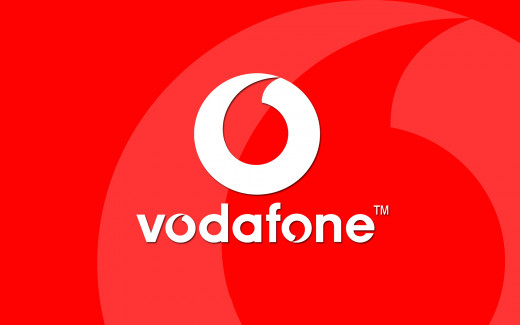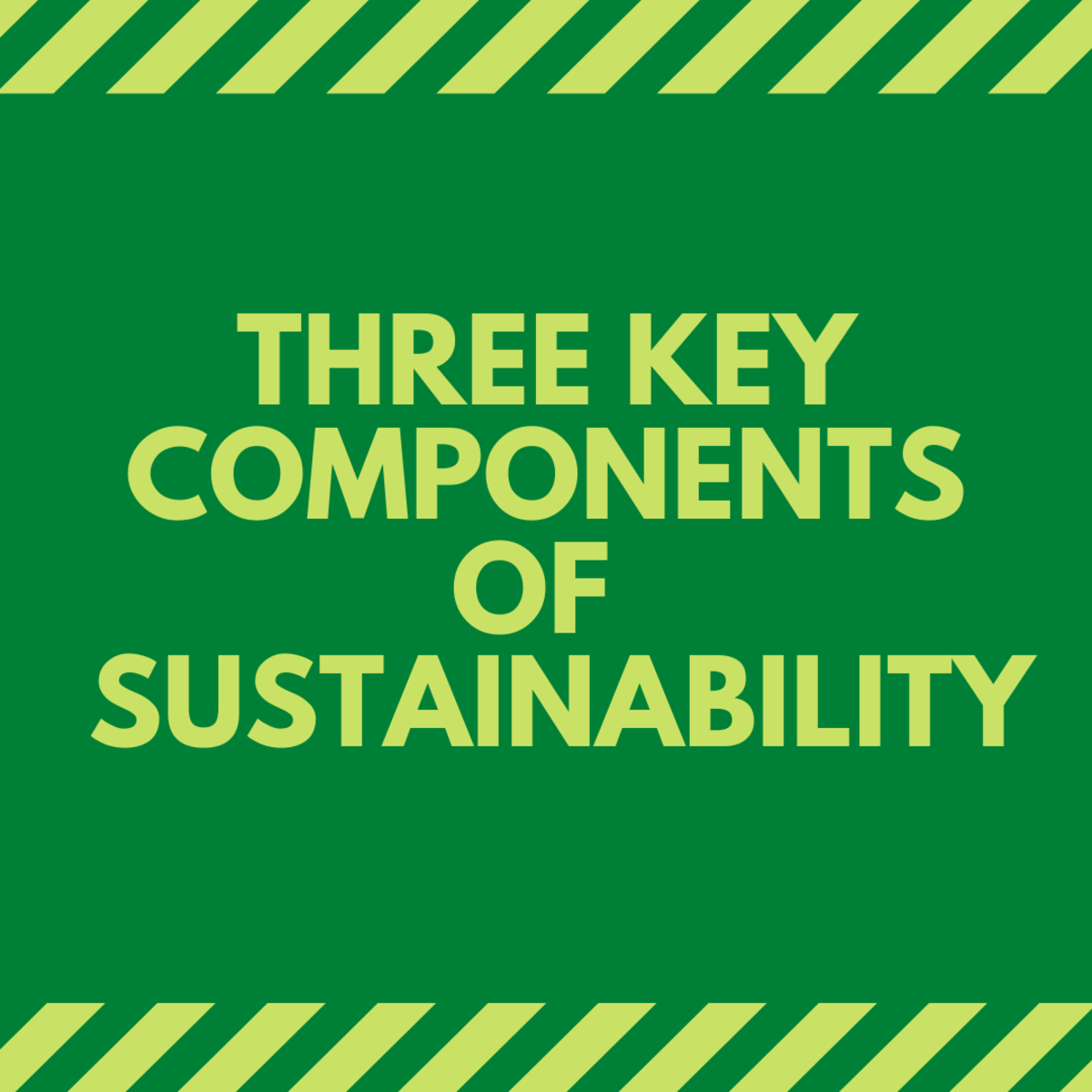Critically discuss the value of “sustainability reports” and the need to be accountable for environmental impacts
The Global Reporting Initiative (GRI) (2011) states that a sustainability report should include triple bottom line reporting; economic, environmental and social impact caused by an organisations everyday activities. The GRI also suggests that a clear link between an organisations strategy and its commitment to a sustainable global economy should be outlined. A recent report by KPMG (2011) found that two thirds of companies are now reporting on sustainability, but there is still much that can be done when it comes to transforming strategic sustainability issues, such as community development, pollution and climate change, into actions.
Sustainability
Reporting on sustainability can benefit organisations in several ways. Adams, C and Frost, G (2008) investigated three Australian and four British companies that have been reporting on sustainability for a number of years and are considered to have adopted best practice techniques. Adams and Frost suggest that sustainability reports can produce reputational benefits and that this can impact positively on share price, whilst also resulting in an increase in staff pride and loyalty to the company. According to Adams and Frost, sustainability reports are used as a source for competitive advantage, together with improved internal data collection and reporting systems and improved social and environmental performance. Holland, L (2003) suggests that a sustainability report can provide many benefits to organisations, implying that it incorporates hard science and ethical intuition into an assessment of business activity. Holland builds on this by implying that the hidden part of the business is made more visible by sustainability reporting. Therefore, businesses that report can be more transparent. Holland also suggests that sustainability reports can be used as a feedback mechanism allowing companies to improve their sustainability from the results of the report. The GRI suggests that sustainability reports can be used to streamline processes, increase efficiency and reduce costs through the analysis of the figures contained within the report. Sustainability reports can also be used as a benchmarking process, which assesses sustainability performance against laws, norms, codes, performance standards and voluntary initiatives. An example would be the Kyoto Protocol (1997), which sets internationally binding emission reduction targets. Sustainability reports allow external stakeholders to see the true value of the business, both tangible and intangible.
However, sustainability reporting can bring many disadvantages and challenges. Gray and Milne (2002) suggest that because it is not possible to clearly define what a sustainable organisation is, the necessary accounting as the basis for sustainability reporting must also be unknown. Assurance standards for sustainability reports also bring to light some disadvantages. Assurance standards are guidelines used to create sustainability reports. Morhardt et al (2002) discuss the advantages and disadvantages of assurance standard ISO 14000 series (especially 14031) and the Eco-Management and Audit Scheme (EMAS). They suggest that, although these standards provide a systematic understanding of the environmental dimension, they do not address economic and social dimensions, and therefore they do not ensure triple bottom line reporting. Cole (2003) also suggests that implementing standards for sustainability reports can be labour intensive and costly to a business, much like sustainability reporting as a whole due to the time, labour and data required to produce a report.

Vodafone is a global telecommunications company, which, in recent years, has begun to appear to understand the value of sustainability reports. Their CEO, Vittorio Colao (2013), stated in their most recent report ‘At Vodafone we know we will be judged on how we reach our goals as well as the commercial and strategic outcomes achieved. Financial results are not enough; a commitment to behave ethically and responsibly at all times is integral to ensuring the long-term sustainability of our businesses’. Here, Colao has agreed with the above benefits that Adams and Frost suggest, in that Vodafone can benefit from providing a sustainability report to uphold or boost the company’s reputation and the consequential impact that this can have on share price and profit. The Vodafone sustainability report also states that it is produced as a method for benchmarking and improving performance, concerning the triple bottom line, year on year. Some of the examples that Vodafone use are its improvement in areas such as its environmental footprint (measured through the organisations carbon footprint, water usage, electronic and landfill waste) and its privacy and security across the business, which it has won awards for such as the BS10012 privacy award (2013) in India and the Privacy Innovation award (2013). Vodafone has clearly identified the benefits brought forward by both Holland and the GRI, in that it is using sustainability reporting to streamline processes, increase efficiency and reduce costs. Vodafone is also using the GRI guidelines to benchmark the content and production of their reports against. They have also suggested they are ‘triple bottom line reporting’ when they state: ‘reports on a full range of material, economic, environmental and social impacts of the organisation’ within their sustainability report.
However, there are several potential issues with the sustainability report provided by Vodafone. They state that their sustainability report only contains information on areas of the business where ‘they have operational control (where we own more than half of the business)’. This selective nature could question the reports overall robustness and usefulness; the GRI states a report should include ‘the entire chain of entities upstream and downstream’. Vodafone are not accounting for the full impact of the business, as they are only focusing on the core organisations impact, and not that of the peripherals, on the triple bottom line. Another issue with the Vodafone sustainability report, and many other sustainability reports, is that they use measurements to assess their impact, which are not necessarily accurate or comparable, for example: the ecological footprint. Holland (2003) suggests that the ecological footprint, as a measure of sustainability, has many downfalls. He goes on to advise that the ecological footprint reduces all impact to a ‘single currency’ and that it doesn’t deal with risks and uncertainty collectively. The assumption that a measured impact has the same effect on the productivity of land wherever and whenever it occurs, is also made my ecological footprinting. Moreover, it considers the environment as a commodity that can be traded. These points, brought about by Holland, suggest that ecological footprinting, and aspects of sustainability reporting, can be inaccurate, unreliable and unrealistic.
In conclusion, sustainability reporting is on the increase, as the KPMG survey suggests, and the benefits of reporting are being seen by many organisations. Vodafone’s CEO has highlighted their recognition of these benefits and the value of reporting in their most recent sustainability report. Vodafone have shown that reporting can be used as a competitive advantage tool, as financial reporting is no longer enough. They have also benefited in the form of increased reputation, share price and consumer and stakeholder loyalty; becoming members of the Dow Jones Sustainability Index and the FTSE4Good index. One of the major benefits of sustainability reporting is that it can be used as a benchmark and therefore improve performance, streamline processes, reduce costs and increase efficiency. Vodafone have shown evidence of utilising sustainability reports in this way and they have outlined how they intend to improve their reporting procedure further. However, Vodafone has one potential major downfall in its report around the fact that it is not reporting on the full scope of the business, merely the core business. This leaves us to question the full extent and transparency of Vodafone’s report and whether it can indeed be considered as a sustainability report. Another issue is that some measurements used in sustainability reports can be very inaccurate, such as the ecological footprint, which is based on assumptions, which can be falsified. I think that sustainability reporting could prove of great value to the society that we live in today, if produced with transparency and honesty, and that businesses should report on how they aim to manage a sustainable business and how this impacts the world’s sustainability as a whole. Vodafone produce a very accurate and valuable report, assured by Ernst and Young, in which they outline their aims and targets for sustainability and their progress so far. One improvement I think they need to make in the future is to include all aspects of the business, from top to bottom, as this could give a clearer and more accurate picture of just how sustainable Vodafone really is as a business entity. Maunders and Burritt (1991) commented on sustainability reports in the following statement ‘There is no doubt that conventional accounting still does not provide sufficient relevant information about corporate sustainability and specific corporate contributions to sustainable development in spite of calls for change’. As KPMG’s survey suggests, sustainability reports have come a long way since then, together with the framework that the GRI has put in place to help the production of reports. However, sustainability reports still have a long way to go before organisations will be reporting holistically and corporations will be utilising the reports to be truly sustainable and transparent.
References
- Adams, C and Frost, G. (2008). Integrating Sustainability Reporting Into Management Practices. Accounting Forum. 32 (4), 288-302.
- Cole, L (2003). Assessing Sustainability on Canadian University Campuses: Development of a Campus Sustainability Assessment Framework. Victoria, Canada: Royal Roads University.
- Gray, R and Milne, M. (2002). Sustainability Reporting: Who's Kidding Whom?. Chartered Accountants Journal Of New Zealand. 81 (6), 66-70
- GRI. (2011). Sustainability Reporting guidelines. Available: https://www.globalreporting.org/resourcelibrary/G3.1-Guidelines-Incl-Technical-Protocol.pdf. Last accessed 12th Dec 2013.
- GRI. (2013). About Sustainability Reporting. Available: https://www.globalreporting.org/information/sustainability-reporting/Pages/default.aspx. Last accessed 12th Dec 2013.
- Holland, L (2003) “Can The Principle Of The Ecological Footprint Be Applied To measure The Environmental Sustainability Of Businesses?” Corporate Social Responsibility and Environmental Management 10.pp. 224-232.
- KPMG. (2012). Sustainability Reporting Systems: A Market Review. Available: http://www.kpmg.com/RU/en/IssuesAndInsights/ArticlesPublications/Documents/S_CG_5e.pdf. Last accessed 14th Dec 2013.
- Maunders, K and Burritt, R. (1991). Accounting and Ecological Crisis. Accounting, Auditing and Accountability Journal. 4 (3), 9-26.
- Morhardt et al . (2002). Scoring corporate environmental and sustainability reports using GRI 2000, ISO 14031 and other criteria. Corporate Social Responsibility and Environmental Management. 9 (.), 215-233.
- UNFCCC. (2013). Kyoto Protocol. Available: http://unfccc.int/kyoto_protocol/items/2830.php. Last accessed 19th Dec 2013.
- United Nations World Commission on Environment and Development (1987) Our common future. The Brundtland Report. Oxford: Oxford University Press.
- Vodafone. (2013). Sustainability Report. Available: http://www.vodafone.com/content/sustainability.html. Last accessed 12th Dec 2013.








